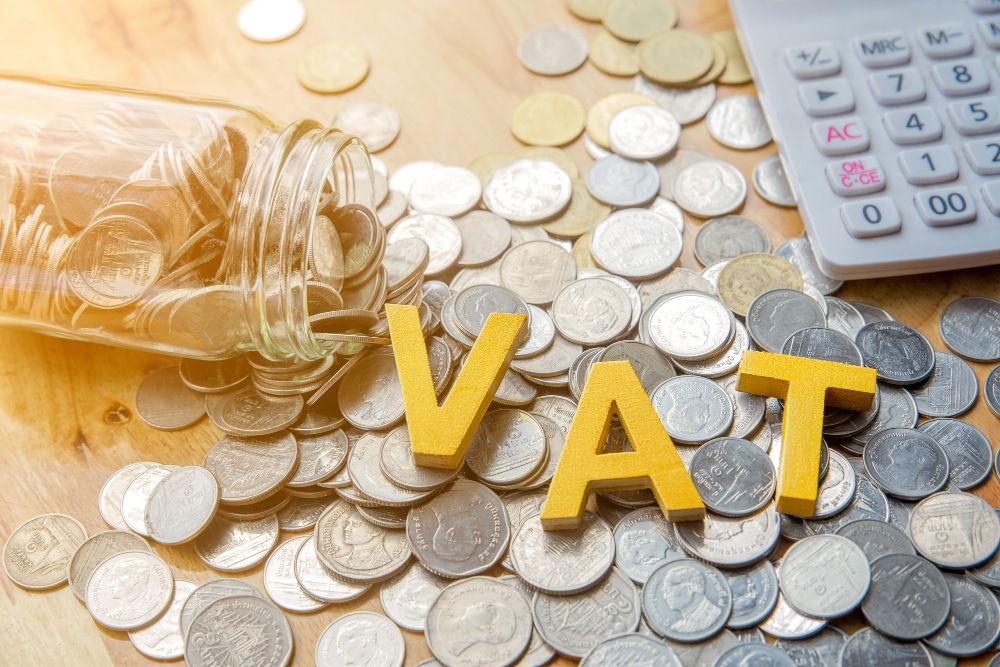The European Union is making changes to the VAT treatment of supplies of goods and services to EU non business customers. These changes take effect from 1 July 2021.
Goods
Under the existing rules sales of goods by non-EU businesses to the EU, customers are not subject to import VAT in the EU where the value of the shipment is €22 or less. Where the value of the shipment exceeds that threshold then import VAT is payable. Some businesses chose to pay this import VAT on behalf of customers to provide a better customer experience.
The EU considers that the existing scheme results in non-EU businesses having a competitive advantage over EU businesses in respect of sales under €22. In addition to this, there is administrative friction on sales exceeding €22 due to import VAT being payable before goods can clear customs.
Therefore, from 1 July 2021 non-EU businesses (including UK businesses) will be required to charge sales VAT on goods sold to EU consumers where the value of the goods is €150 or less and import VAT will not be due.
However, rather than requiring businesses to register in each European country the EU have introduced an Import One Stop Shop Scheme (IOSSS). This means that non-EU suppliers can register for VAT in just one EU country and file and pay the VAT due in respect of sales to customers in any EU country through the IOSSS registration.
However, where goods are sold via an online market place the duty to account for EU VAT shifts to the online marketplace who will be regarded as the deemed supplier. In this scenario, the UK supplier would simply zero rate the invoice to the online market place.
For consignments exceeding the €150 IOSS threshold, import VAT is still due in the EU country of importation. However, where the non-EU supplier is the importer of record it will be required to register for VAT in the country of importation and local charge VAT on the onward supply.
In such a scenario, rather than having to register in each EU country into which a supply is made, non-EU businesses are able to register for the Union One Stop Shop (OSS). As with the IOSSS this enables businesses to have one VAT registration and file one VAT return to account for VAT in various countries rather than having multiple registrations.
Under existing rules, non-EU businesses that hold stock in the EU have been required to account for an charge VAT in various EU countries where distance selling thresholds have been breached. However, from 1 July 2021 the distance selling thresholds have been abolished. In order to avoid business having to obtain multiple registrations the Union OSS scheme can be applied for. This is available to non-EU businesses who have stock in an EU member state. The business would register and file OSS VAT return in that country which has the stock. Therefore, the business would only have to file one VAT return to account for VAT in various countries rather than having multiple registrations.
Services
The VAT place of supply of services for B2B supplies is that is where the customer belongs. The default position for the VAT place of supply for B2C supplies (e.g., sales to non-business customers) is where the supplier belongs unless it relates to certain services such as telecommunications, e-services, land-related services, and performances. If the supply relates to telecoms or e-services the place of supply is where the customer belongs. In terms of land-related services, it is where the land is situated and in the case of performances, it is where the performance is held. These rules are not changing but the way that the tax is collected and paid is changing.
Under existing rules suppliers of B2C e-services and telecoms are allowed to account for VAT under the OSS (Non-Union Scheme) which has removed the requirement to register VAT in various EU states.
Suppliers of land related services and performances have not benefited from this facility and have been required to register and account for VAT in various EU countries. However, the One Stop Shop is now being extended to cover the sales of such services and this will make VAT accounting easier for UK businesses providing such services in the EU.
More similar content
Spring Budget 2024 Summary
Spring Budget 2024 Summary Chancellor Jeremy Hunt delivered his ‘Budget for Long Term Growth’ on Wednesday 6 March 2024. His speech promised ‘more investment, more jobs, better public services and lower taxes’. Lowering taxes The Chancellor made further changes to...
Spring Budget 2024 – Key Tax Announcements
Today, Chancellor Jeremy Hunt announced his 2024 Spring Budget where he summarised the UK economic performance and announced his proposals for tax. We highlight below some of the key tax changes announced. National Insurance Contributions cut From April 2024,...
Tax Rates and Allowances 2023/24
Introduction We have summarised the key rates and allowances which are fundamental to our business and personal lives. We are sure that you will find them a useful point of reference and have set out below a few examples of how they can be used. Personal tax rates As...





